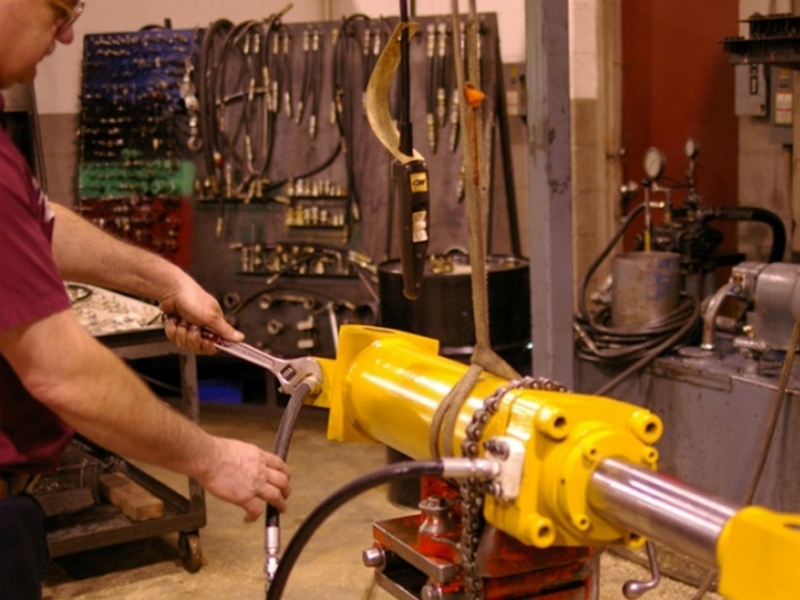The Best Hydraulic Solenoid Valve is an electromechanically operated valve. Solenoid valves are used to control the flow of fluid within a hydraulic system. The heart of any hydraulic system is the pump which generates flow and pressure. The purpose of a solenoid valve is to direct, start, and stop this flow using electrical signals.
There are many different types of hydraulic solenoid valves available on the market, so it is important to choose the right valve for your particular application. This blog post will provide an overview of the different types of valves and offer some tips on how to select the right one for your needs.

Types of Hydraulic Solenoid Valves
Best Hydraulic Solenoid Valves can be classified in a number of ways, including by function, structure, and material. The most common classification is by function, which includes directional control valves, pressure control valves, and flows control valves.
- Directional Control Valves
Directional control valves are the most common type of valve used in hydraulic systems. They are used to direct fluid flow into different channels. The most common type of directional control valve is the 4/2-way valve, which has four ports and two possible positions. The 4/2-way valve can be normally open or normally closed.
- Pressure Control Valves
Pressure control valves are used to maintain constant pressure in the system regardless of changes in load or flow rate. Two common types of pressure control valves are relief valves and sequence valves. Relief valves are used to protect the system from excessive pressures by relieving excess fluid back to the tank when the preset pressure is exceeded. Sequence valves are used to activate cylinders in a specific order by controlling the flow of fluid to each cylinder.
How to Select Hydraulic Solenoid Valves?
Blog Introduction: Hydraulic solenoid valves are an important part of hydraulic systems. They are used to control the flow of hydraulic fluid and they come in a variety of shapes and sizes. So, how do you select the right hydraulic solenoid valve for your system? Here are four factors to consider.
Size
The first factor you need to consider is size. Hydraulic solenoid valves come in a range of sizes, from small valves that can handle a few liters per minute to large valves that can handle hundreds of liters per minute. It's important to select a size that is appropriate for your system; if you select a valve that is too small, it will become overloaded and may fail. If you select a valve that is too large, it will be inefficient and MAY cause damage to your system.
Pressure
The second factor you need to consider is pressure. Hydraulic solenoid valves are rated for different maximum pressures. You need to make sure that the valve you select can withstand the pressure in your system; if the valve is not rated for high enough pressure, it will fail.
Temperature
The third factor you need to consider is temperature. Some hydraulic solenoid valves are designed to operate at high temperatures, while others are designed to operate at low temperatures. You need to make sure that the valve you select can withstand the temperature extremes in your system; if the valve is not rated for high enough temperature, it will fail.
Media
The fourth factor you need to consider is the media. Hydraulic solenoid valves are designed to work with different types of hydraulic fluids; some are compatible with oil-based fluids, while others are compatible with water-based fluids. You need to make sure that the valve you select is compatible with the type of fluid you'll be using; if the valve is not compatible with your fluid, it will fail.
Conclusion:
There are a lot of factors to consider when selecting hydraulic solenoid valves. Size, pressure, temperature, and media compatibility are all important factors that will affect the performance of your system. Make sure to do your research and select a valve that is appropriate for your application.
Source - https://www.apsense.com/article/why-choosing-the-right-hydraulic-solenoid-valve-is-important.html

 Log in with Facebook
Log in with Facebook 







